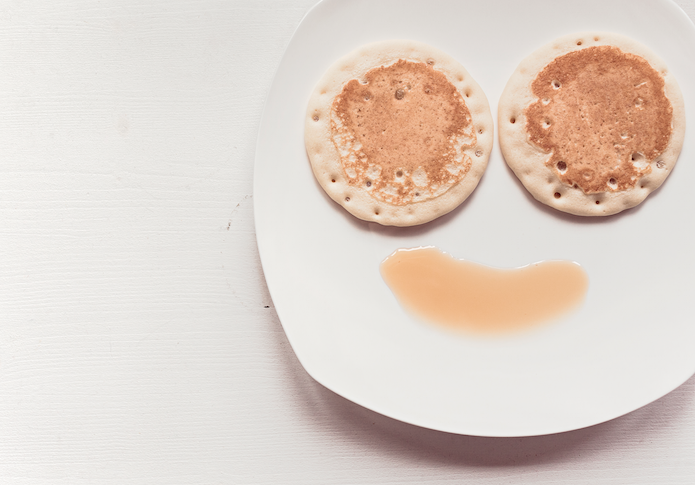Diet and mental health – The missing link
‘Blue Monday’ is considered the most miserable day of the year, when financial woes, the continued winter darkness and concerns about the future leave us feeling at our lowest ebb.

Above all, Blue Monday highlights the very important matter of mental health. Depression, stress and anxiety are problems many people face on a daily basis – affecting the way they think, feel and behave.
While there are a number of factors that can contribute to the development of mental health problems, one area that often goes unrecognised is diet.
Food and mood
There is a growing body of evidence that shows good nutrition is essential for managing and preventing specific mental health problems.
According to the Mental Health Foundation, nearly two thirds of those who do not show symptoms of mental health problems eat fresh fruit or drink fruit juice everyday, compared with less than half of those who show signs of mental health problems on a daily basis. This pattern is similar for salads and vegetables.
What this highlights is that there could quite possibly be a link between the modern-day Westernised diet (high intake of processed foods, alcohol, fat, sugar and additives) and the growing number of people who are affected by poor mental health and well-being every year.
To explore this further we spoke to registered dietitian, Christina Merryfield, who suggests cutting down on junk food, caffeine, and alcohol could have significant impact on how we think, behave and feel.
“Sometimes if we are feeling low we feel the urge to eat certain ‘comfort foods’ such as chocolate and sweets. However, there is no evidence to show that these foods really do support mood – rather we eat these for pleasure and reward,” she says.
“Caffeine on the other hand acts as a stimulant and can make us feel alert, but too much can lead to feelings of tiredness hours later and even cause temporary headaches and irritability.”
Christina adds that alcohol too can act as a stimulant, but causes feelings of low mood to occur later on.
“It can also cause one to be dehydrated which further reduces our alertness. Too much alcohol depletes reserves of B vitamins and zinc over time, which are important micronutrients for mental health.”
Cutting down on junk food, caffeine and alcohol may seem relatively simple in theory, but in practice many of us struggle to let go of these ingrained dietary habits.
So how can we tailor our diets to ensure we look after our mental health without having to eliminate the bad stuff?
Christina outlines the following tips:
- Eat regular meals containing some carbohydrate – particularly of the wholegrain variety, which contain more micronutrients. These will provide an adequate supply of energy to the brain and muscles.
- Include foods containing sources of iron and vitamin B12. These micronutrients support red blood cells which carry oxygen. Having a varied, balanced diet will help you ensure that you receive these nutrients.
- Drink plenty of water to keep mentally alert rather than relying on caffeinated drinks.
- Avoid sugary snacks as these will not necessarily provide more fuel.
- Only drink alcohol within the recommended limits and with a meal. Too much can leave you feeling ‘fuzzy headed’ and dehydrated.

Find a nutritionist dealing with Nutrition and mental health
All nutrition professionals are verified


